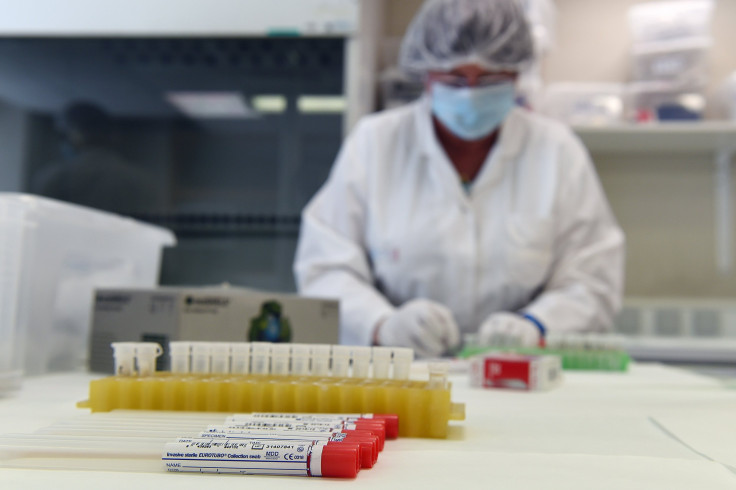The Human Genome Project Helped Us Read DNA, Now Scientists Want To Write It

The Human Genome Project, an international research endeavor aimed at mapping and sequencing the genes of our species, was successfully completed in 2003. It gave scientists the ability to read and understand the sequence of the three billion chemical units that make up our DNA. But reading is no longer enough, it seems. A meeting of about 150 scientists at Harvard on Tuesday has one purpose: to discuss how to go beyond reading our genetic material and begin writing it ourselves.
The idea of creating a human genome from scratch, using chemicals to build our DNA, has caused an eruption of both excitement and concern in the scientific community. The Harvard meeting on the topic was invitation only, with invites specifically asking attendees not to invite media because organizers wanted “everyone to speak freely and candidly without concerns about being misquoted or misinterpreted as the discussions evolve.”
George Church, a Harvard Medical School researcher involved in organizing the event, told The Washington Post that those behind the meeting had originally planned to video stream the event, inviting journalists and releasing an article to go with the event. However, the scientists wanted to avoid being accused of “science by press release,” because the article had not been peer-reviewed. The meeting was then closed off to media.
Church told The New York Times the proposed project could have a huge payoff, and that those opposed misunderstood the point. The project would not be aimed at creating humans, but only cells. Mostly, it would aim to improve researchers’ ability to create DNA, which could be applied not only to humans, but animals, plants, and microbes.
Critics aren’t convinced, though. Drew Endy, a bioengineer from Stanford University, and Laurie Zoloth, a professor of medical ethics and humanities at Northwestern University, published an essay questioning the gathering at Harvard and raising concerns that the scientists involved may have gone too far. They cite the competitive marketplace of human reproduction, where eggs and sperm already carry a price, as a marker of how human genome synthesis could become an ethical problem.
“Would it be OK, for example, to sequence and then synthesize Einstein’s genome?” they wrote. “If so how many Einstein genomes should be made and installed in cells, and who would get to make them?”
The authors say that considering how such research could completely redefine humanity, the organizers of the Harvard meeting should have allowed more open consideration of the idea.
“Taking a step back, just because something becomes possible, how should we approach determining if it is ethical to pursue?” the researchers wrote in the essay.
Church said that the video of the event will be released once the peer-reviewed article is published, which will likely be very soon.
“It wasn’t secret. There was nothing secret or private about it,” he said. “Probably with 20/20 hindsight we shouldn’t have tried to couple it with a peer-reviewed paper.”
Currently, scientists can alter the DNA in cells by changing letters in existing genes or adding foreign genes. The process is controversial on its own, and researchers have debated the ethics of technology that would allow genetic changes to be made in embryos. Synthesizing the entire human genome, however, would provide opportunities for more extensive changes. Endy and Zoloth recognize the potential benefits of improving DNA construction tools, but ultimately expressed their skepticism that “synthesizing a human genome is an appropriate demand driver.”



























